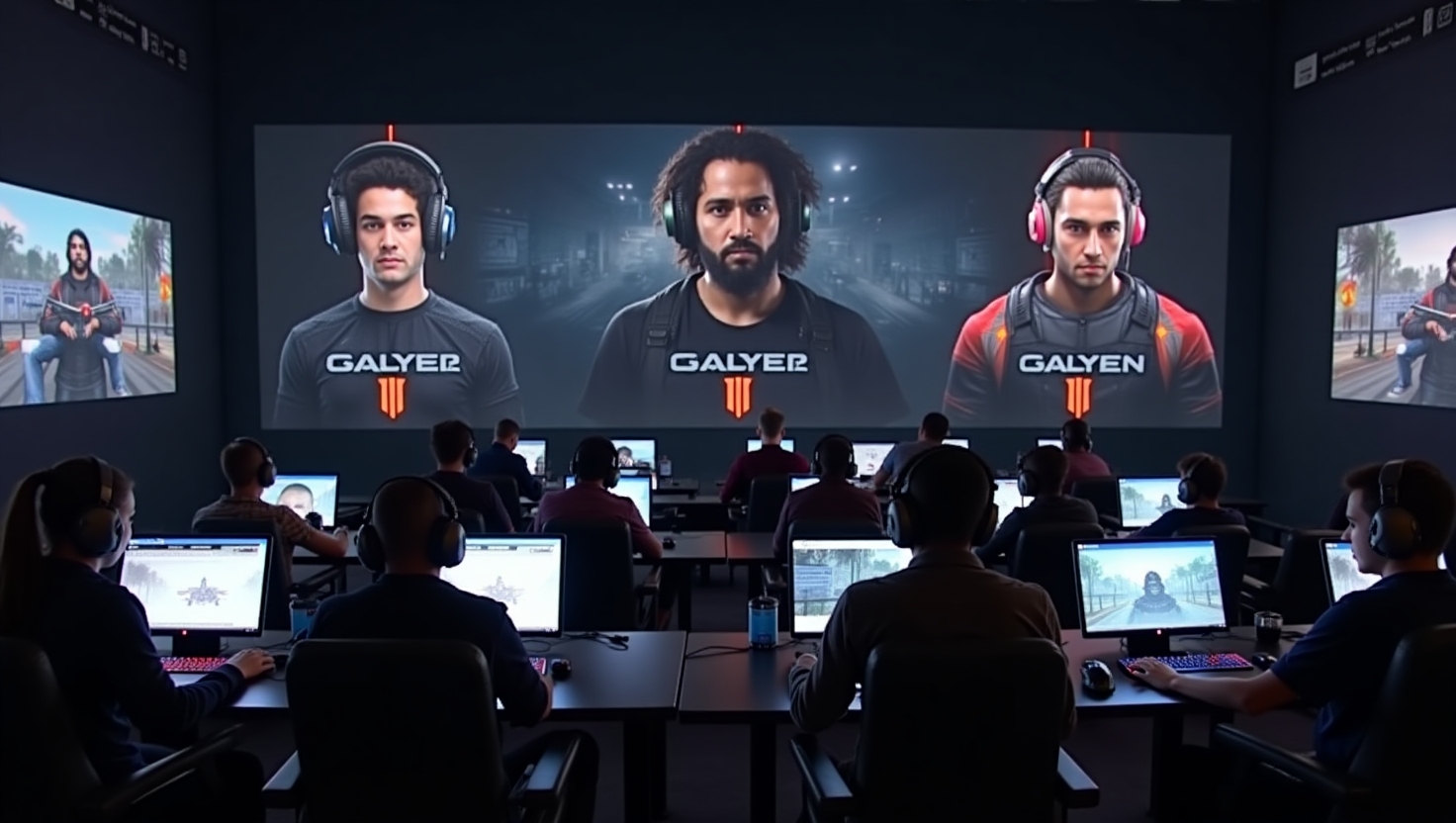Exploring Server Latency and SBMM in Black Ops 7 Beta
Introduction
As the gaming community eagerly anticipates the release of Call of Duty: Black Ops 7, the ongoing beta version has caught the eye of both seasoned players and industry analysts. This new installment in the popular Call of Duty franchise by Activision promises to refine and enhance the gaming experience through meticulous technological adjustments. Two key aspects gaining notable attention in this beta phase are server latency and Skill Based Matchmaking (SBMM). Both elements play a critical role in shaping online multiplayer interactions, directly influencing gameplay fluidity, fairness, and overall player satisfaction.
Understanding Server Latency in Black Ops 7
Server latency, often synonymous with \”ping,\” is a measure of the time it takes for a player’s action to be registered on the game server and reciprocated back. In gaming, low latency is critical for real-time responsiveness, akin to the difference between having a conversation with someone in the same room versus over a long-distance call with noticeable delays.
Player feedback from the Black Ops 7 beta indicates a varying latency experience across different playlists. In regular Moshpit matches, players reported server latency around 20ms, while in the new Open Moshpit, latency averaged 10-11ms. This reduction can significantly alter the competitive edge, providing smoother and more synchronized gameplay. However, it is essential to note that latency improvements are not universally experienced, necessitating further enhancements from Activision (source: Windows Central).
Comparatively, if the regular and open playlists were likened to race cars, the Open Moshpit would be the fine-tuned sports car, while the regular Moshpit represents a robust yet slightly less agile model. The distinct scheduling protocols define the disparity in reaction times that players encounter.
The Role of SBMM in Black Ops 7
Skill Based Matchmaking (SBMM) serves as the foundation for competitive balance within online games. Its primary aim is to match players of comparable skill levels, fostering fair and challenging engagements. However, this can sometimes result in predictable and less varied gameplay. In Black Ops 7’s Open playlists, reduced SBMM has been implemented, allowing for a broader skill mix among players. This introduces an eclectic gaming dynamic where veteran players might square off against newcomers more frequently.
Players have noted that the decrease in SBMM enhances the excitement of matches while also potentially contributing to reduced latency (source: Activision Statement). As quoted from a beta participant, \”It’s still a beta, so Activision gets the benefit of the doubt for now,\” reflecting a cautious optimism regarding these experimental adjustments.
Gaming Beta Analysis: A Look at the Changes
The Black Ops 7 beta showcases several pivotal changes and improvements. The reduction in SBMM has led to a varied player behavior that embodies a more unpredictable and spirited competitive environment. The feedback on latency primarily lauds improved response times, though inconsistencies remain due to factors like geographical location and individual internet connections.
Reduced SBMM may have contributed to perceived latency improvements by decreasing the processing load during matchmaking, thereby potentially enhancing server performance. However, players and analysts alike remain vigilant, understanding that these enhancements are in the beta stage and subject to further refinement (source: Windows Central Analysis).
Conclusion
In conclusion, as the Black Ops 7 beta continues to evolve, server latency and SBMM are two critical areas under scrutiny. While players collectively appreciate the improved latency in specific playlists and the refreshing variability brought by reduced SBMM, adaptations are ongoing. This beta phase serves as an experimental platform for Activision, testing configurations that promise an enhanced gaming experience. Players can look forward to these adjustments as indicators of what the final version might hold, hopeful of an optimally balanced and fluid multiplayer venture.
Additional Resources
For those eager to indulge further into the technicalities and progression of Black Ops 7, explore additional resources on server latency and matchmaking technology:
– Windows Central on Server Latency Improvements
– Articles on the evolving arc of Call of Duty developments
Stay tuned as we continue to monitor and analyze these foundational elements shaping the Black Ops 7 gaming experience.

